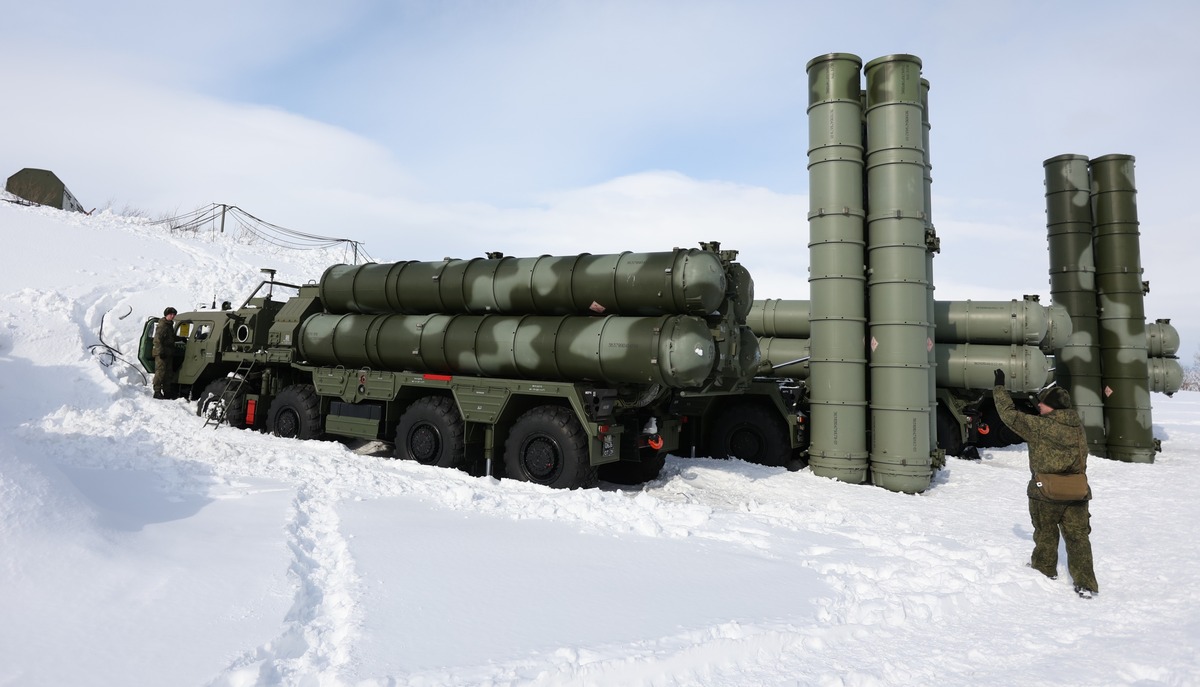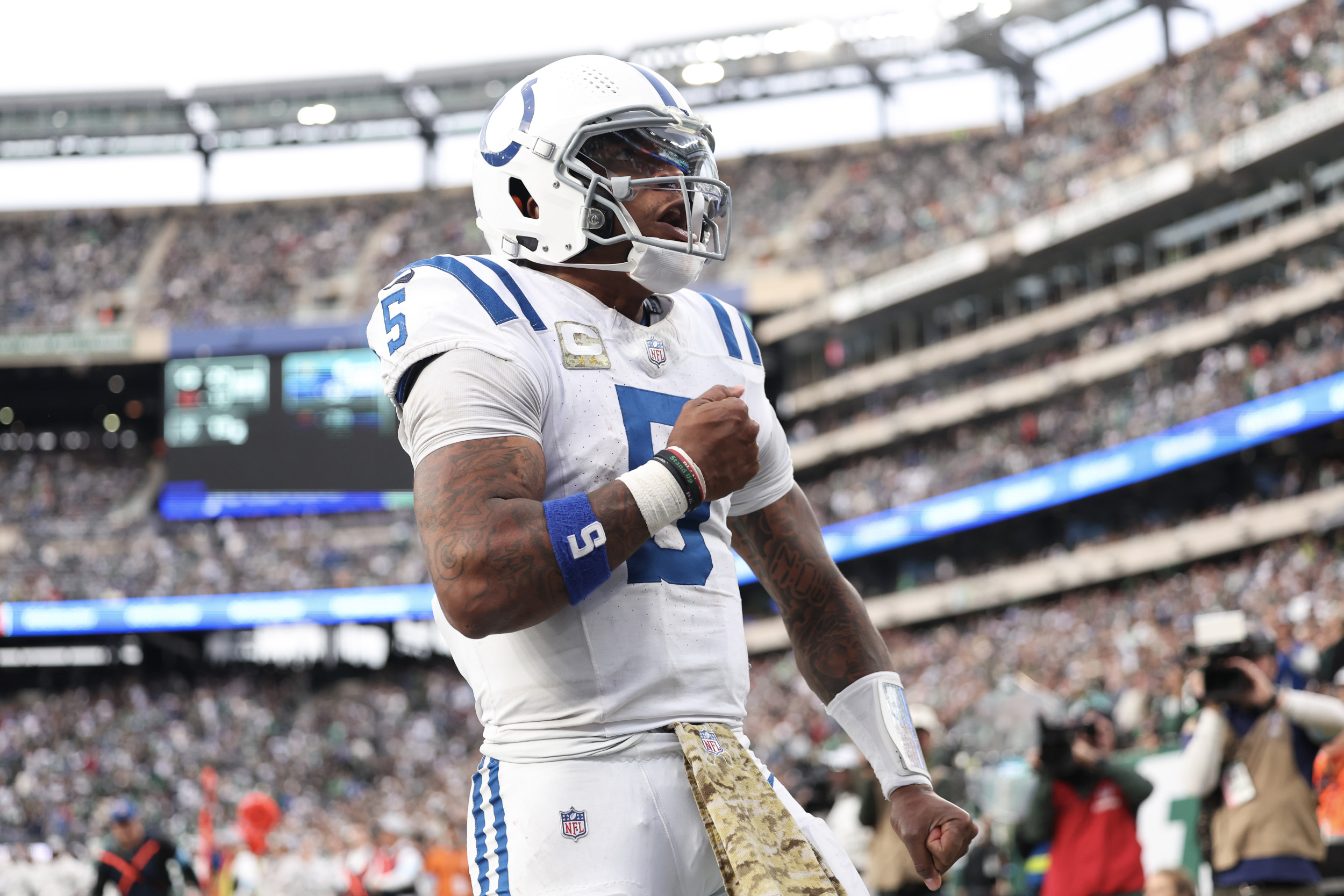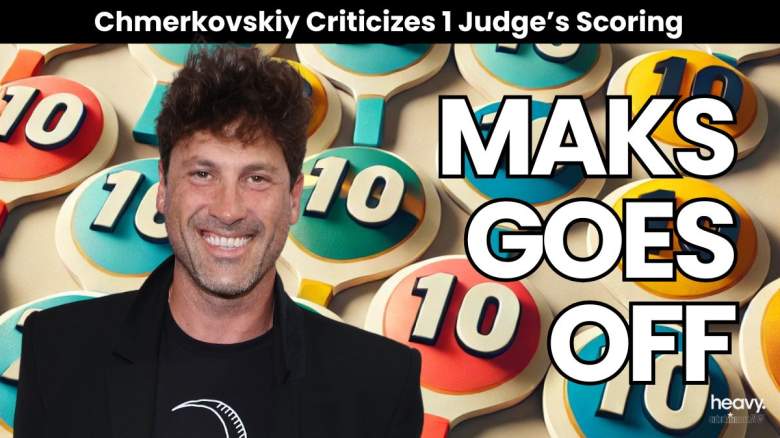While it's not exactly fair, professional athletes are defined by big postseason moments. Even if you've stuffed the stat sheet during the regular season, those crunch-time performances are what leave a lasting impression. Deliver when the chips are down, and you'll be remembered as a hero. Fall short, and you might not want to show your face in town ever again.
Mark Messier, however, doesn't have to worry about that latter scenario. The National Hockey League (NHL) legend found plenty of success in Edmonton and New York, winning six Stanley Cups during his Hall of Fame career. To make things even more impressive, he went 7-2 in Game 7s along the way, including two Cup-clinchers, earning himself a reputation as Captain Clutch.
That makes it fitting that Messier is executive producing a Prime Video series about those big moments. Game 7, which premiers on October 22, takes viewers back through sports history to explore five do-or-die moments. Two of those five were the forward's previously referenced Stanley Cup wins in 1987 and 1994.
The 1994 NHL Stanley Cup Finals, however, looms large as the moment that wrote Messier's name in New York City legend. After a strong regular season, the Rangers were staring down a painful defeat to their cross-river rival New Jersey Devils in the Eastern Conference Finals. The captain famously guaranteed victory in Game 6, then delivered a hat trick. The Rangers then won Game 7, leaving them with one final hill to climb—a Stanley Cup Finals date with the Vancouver Canucks.
As fate would have it, that series also went to seven games. And that reality, combined with trying to overcome the Rangers' Stanley Cup drought—at the time, the Original Six club hadn't lifted the big trophy since 1994—even Messier felt the pressure.
"It was terrifying to be honest with you," the former Blueshirts captain told Newsweek. "We had such an amazing year and we felt we were a good enough team to win the Stanley Cup, but any time it goes to a Game 7, anything can happen. And you put yourself in that position, so, yeah, terrifying, confident."
And while you might think that the serial winner simply forces any negative thoughts out of his mind, that's not how he approached the big moment.
"I always felt from experience, though, leading up to a game of that significance, that importance, to allow the realm of everything that could take place to sift through your mind and don't try to shut it out," Messier explained. "I think it's healthy to think about the game and see yourself losing the game in Game 7 and experiencing what that emotion would be like the night before the game while you're getting ready to play."
He added: "But as you get nearer and closer to game time, that gets misplaced with you seeing and picturing yourself winning. So you've run this gauntlet of emotions leading up to it, but it always ends with it ending in the right direction in your favor. And then, of course, as you get nearer to game time, all that goes away. Now you've filtered all that through yourself mentally and emotionally. All that gets away, and now you're starting to focus just on the execution of what you need to do as an induvial and what you need to do as a team. And I think from those experiences, that, for me, was a really healthy way to look at it."

And while those mental skills may sound a bit less intuitive than skating or shooting a puck, the forward learned them exactly the same way you'd hone any other ability—through practice and, more painfully, though failure.
"You learn a lot through failure. I was considered a winner in our sport, I played 26 years of professional hockey, was able to win six championships, so there's 19 years of losing," Messier said. "If I took those 19 years of losing and didn't learn anything from it, it would have been wasted years of my life. Of course I failed in big situations in my past. Of course I made wrong decisions. Of course I made wrong calculations as a leader. All of the things that you go through in life, but you learn from it. And you learn what works and what doesn't work, why didn't I perform when it mattered most? What was hindering me from performing at the highest level when the stakes were the highest?"
But the star also made a key realization—he needed to hone his mind as well as his body to perform when the chips were down.
"For me, those are the things I started to concentrate on myself. Most athletes, you know, work on their bodies 99 percent of the time," Messier continued. "I figured out there's a way I should be spending 50 percent of my time on my body and 50 percent on my mind to enable myself to be able to breathe and relax and focus and all the things in those big moments because, as we've seen, when the moment gets bigger, sometimes athletes tend to get more tight. Because they stop breathing, their focus becomes hindered. Their decision-making becomes skewed."
And while the average viewer might not be stepping onto the ice with Lord Stanley's Cup on the line, Messier and fellow executive producer Danny DeVito believe that we all face our own metaphorical Game 7 moments throughout our lives. Through that lens, the Prime Video series provides a bit of a crash course on handling those clutch situations.
"Game 7, for us, is that time where a lifetime of commitment to your skill set and honing your skills emotionally and mentally comes into play," Messier added. "Unwavering self-belief under any circumstance, and, of course, to win a Game 7 is never smooth sailing. You're gonna face adversity at some point or another, but not being able to be distracted or derailed from a bad moment or a bad mistake that you might have made, to get yourself up off the mat and continue on."
He added: "Those are the life lessons that we're so excited about in our docuseries and I think are told through the lens of sport, but really apply to life. And when you think about the boys and girls and giving them the tools to make the right decisions when their Game 7 moments arise in life, that, I think, is an important message in this docuseries. And we're learning from the guys and the girls who did it the best."



















 English (US) ·
English (US) ·